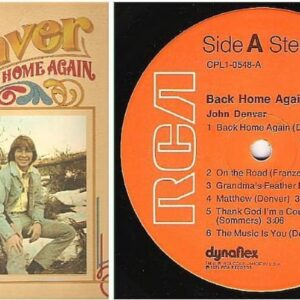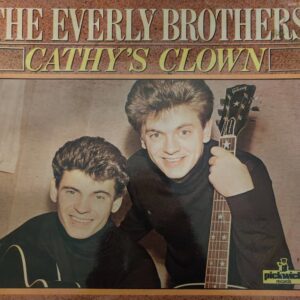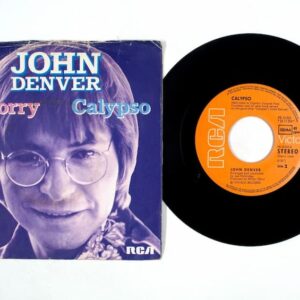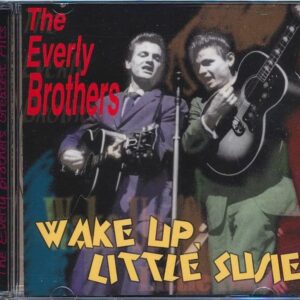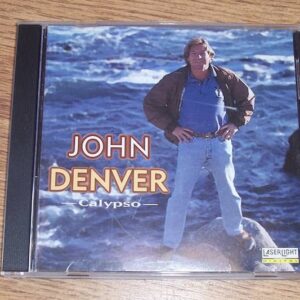The Story Behind the Greatest Comeback Gig of All Time
Elvis Presley is more than just a legendary musician; he’s an enduring cultural icon whose influence stretched far beyond music. One of the pivotal moments in his career came in 1968, with what would become known as the ’68 Comeback Special—widely regarded as one of the greatest comeback performances in the history of music.
After dominating the 1950s and early 1960s, Elvis’s star had begun to dim. His manager, Colonel Tom Parker, kept him off the live performance circuit for seven years, and instead of recording meaningful albums, Elvis found himself trapped in a cycle of making lackluster movie soundtracks for forgettable films. His once unassailable position in the music world seemed to be fading, and Elvis himself was increasingly disillusioned with his career.
In 1968, a significant change was on the horizon. After returning from his army service in 1960, Elvis had been pushed by Parker toward acting rather than music. However, the movies were largely unremarkable, with low-budget musicals and poor scripts, and even Elvis’s star power couldn’t salvage them from flopping. By 1967, his collaboration with producer Hal Wallis ended, signaling the closing of one chapter in Elvis’s career. But soon after, another opportunity would arise.
In late 1967, Parker pitched a Christmas special to NBC—an idea he believed would revive Elvis’s appeal. The original concept was to have Elvis croon Christmas carols in a cheesy TV special. Unsurprisingly, Elvis wasn’t thrilled with the idea. However, things took a turn when producer Bob Finkel came on board with a new vision for the special. Instead of a traditional holiday show, Finkel suggested a performance-centered program that would focus on Elvis himself, showcasing his music and personality.
Elvis, eager to perform new material, was intrigued by the plan. Finkel won over Parker by assuring him that the special would also lead to a soundtrack album and a Christmas single. Producer Steve Binder, known for his work on the groundbreaking T.A.M.I. Show concert film, was brought in to direct. The production team was rounded out with musical director Billy Goldenberg, arranger Billy Strange, and costume designer Bill Belew, among others.
Despite the excitement, the production faced challenges. Several creative disputes arose, including issues surrounding royalties for the soundtrack, and some segments, like a locker room scene, were scrapped in favor of a more intimate, sit-down concert format. The scripted parts were also abandoned, and Elvis was given a list of topics to discuss between performances. Through it all, Elvis worked hard with choreographer Lance LeGault to refine his movements and bring the vision to life.
In the end, the ’68 Comeback Special was a stunning success, revitalizing Elvis’s career and reaffirming his place as a musical legend. The performance showcased the raw energy and charisma that had made Elvis a star in the first place, and it remains one of the most iconic moments in the history of television.
